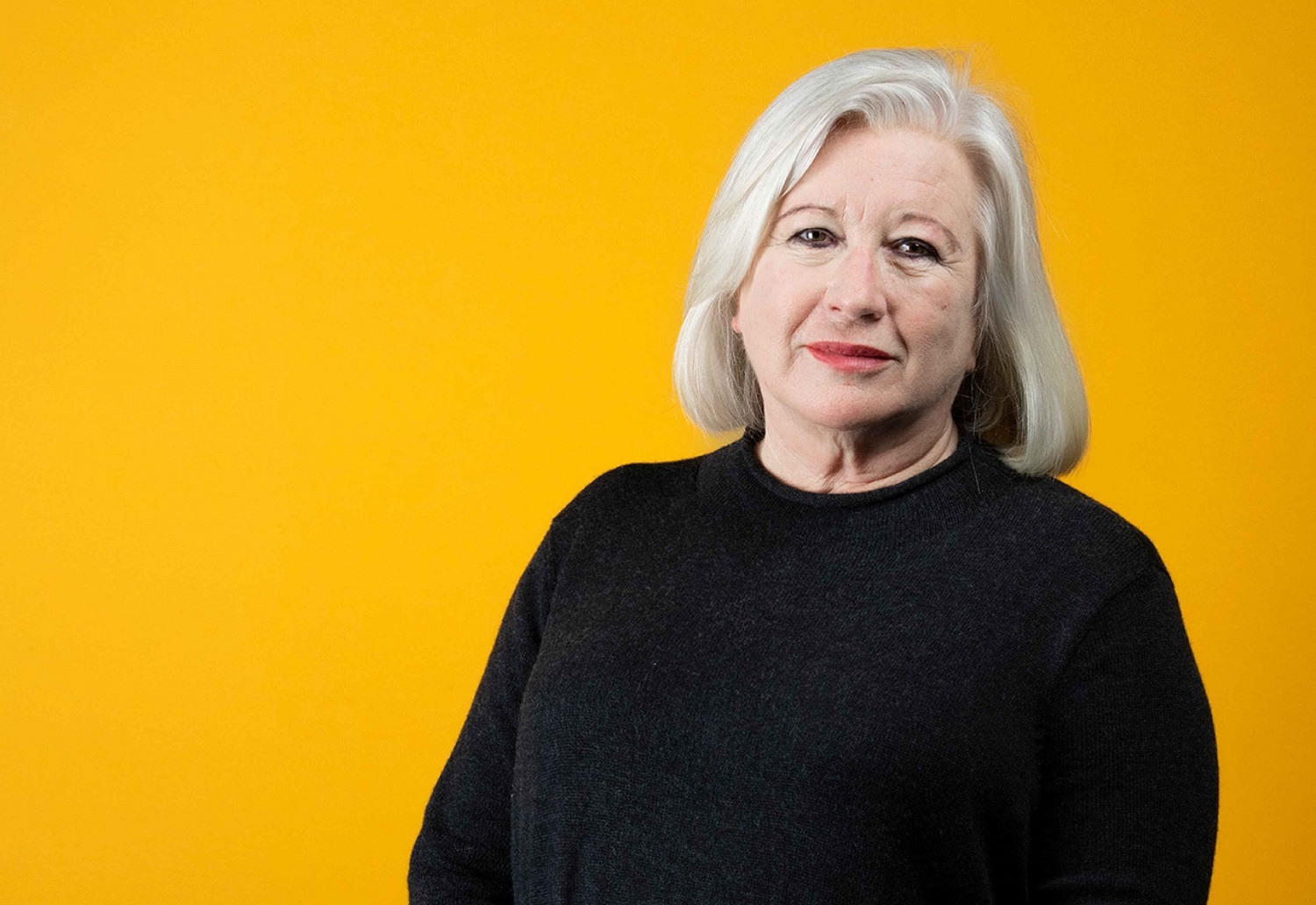
Caring Futures Institute research lead Professor Robyn Clark has received her third significant grant in a matter of months, further strengthening the institute’s body of work under the ‘Better Care’ theme.
Professor Clark, who is currently professor of acute care and cardiovascular research and a National Heart Foundation Future Leader Fellow, is sought after for her expertise in applying digital health technology to cardiac care – in particular the use of avatars for patient education and self-care.
An NHMRC Partnership grant of $3.1 million was awarded to the CHAP (Country Heart Attack Prevention) project led by Professor Clark, which aims to reduce the risk of repeat heart attacks among country people by boosting the completion of cardiac rehabilitation. Statistics show only 20-50% of patients attend rehabilitation in rural and remote areas – a figure that hasn’t budged in 20 years.
Along with nine internationally renowned chief investigators and six associate investigators, supported by 11 partners, Professor Clark will engage clinicians to recommend cardiac rehabilitation, develop an auto referral system, and provide a range of delivery methods including face-to-face, telephone support, apps, websites and general practice models, to improve long term support for heart health by engaging family doctors.
“When in-person support is difficult to access, innovative ways of delivery using new technologies have huge potential to improve health in distant regions; the challenge is supporting clinicians, their patients and carers to understand the options and access heart rehab through the increasing range of telehealth, apps, avatars, and web based services,“ Professor Clark says.
Professor Clark will also use this expertise in technological care solutions for a project looking at standardised ACS discharge and medication education using Avatars to prevent 30-day readmission. In collaboration with the University of Sydney the study will develop a new avatar app to help patients manage their own care after they are discharged from hospital and may have up to six new medications to manage. This project has been awarded a Heart Foundation Vanguard grant.
Professor Clark will collaborate with University of Sydney and Monash University researchers on First CPR, a $1.47 million NHMRC partnership project that aims to improve health outcomes for people suffering out of hospital cardiac arrest by increasing CPR education in the areas of Victoria shown to have the lowest rates of bystander CPR. The study will develop enhanced CPR education and participation using avatar apps.
Professor Clark says the health applications for avatar app technology are vast.
“ The 2020’s will be an exciting decade for research in the Caring Futures Institute … we are about to see the emergence of digital health like never before,” she says.
“This will have enormous impact on access to care for many disadvantaged populations including people in rural and remote areas, the elderly, those with low literacy and low health literacy and those with English as a second language (1 in 5 of Australia’s population).”

